Welcome to Venice

Venice was founded on the principle that civilization is best served by powerful machine intelligence when it respects the sovereignty of those who use it. Therefore, it must be private by default, it must permit free and open thought, and it must be based on the world’s leading open-source technologies. Here, your conversations and creations belong to you alone, not to corporations, not to governments, and not to us. In this, Venice stands alone among its peers.


We've created a platform that's faster, simpler, and more responsive to the latest advancements in AI. No accounts required, no downloads, no data collection – just powerful AI at your fingertips.
We believe AI should enhance human capability while respecting human dignity. It should be a tool for exploration and creation, not surveillance and control. Venice exists to make this vision a reality.
Join over 1,000,000 users and experience AI as it should be – powerful, private, and permissionless.
Distributed & SecureOur Privacy Architecture
All your content - prompts, responses, images, document uploads - is encrypted in your local browser and never stored on Venice’s servers.
Encryption
Your inference requests (the messages you send) are encrypted and sent directly to the decentralized compute resources through a proxy server.
Circulation
The response from the AI is similarly streamed directly back again through the encrypted proxy server to your browser, never persisting anywhere other than your browser.
Decentralization
The GPUs that process your inference requests come from multiple decentralized providers, and while each specific provider can see the text of one specific conversation, it never sees your entire history, nor knows your identity.
State-of-the-Art
Unbiased AI
Venice uses powerful open-source AI models without limiting your creative freedom

Ideological bias
While major AI companies implement strict content policies with good intentions, these restrictions and ideological biases make AI less intelligent - failing to deliver accurate and complete information in context. Often, the result is worse than the perceived risks these policies try to prevent.

Restricting curiosity
Beyond giving irrelevant or non-answers, these restrictions lead to patronizing responses that suggest users shouldn't ask certain questions at all. This undermines the very things AI should encourage: curiosity, creativity, and independent thinking, free from ideological constraints.
